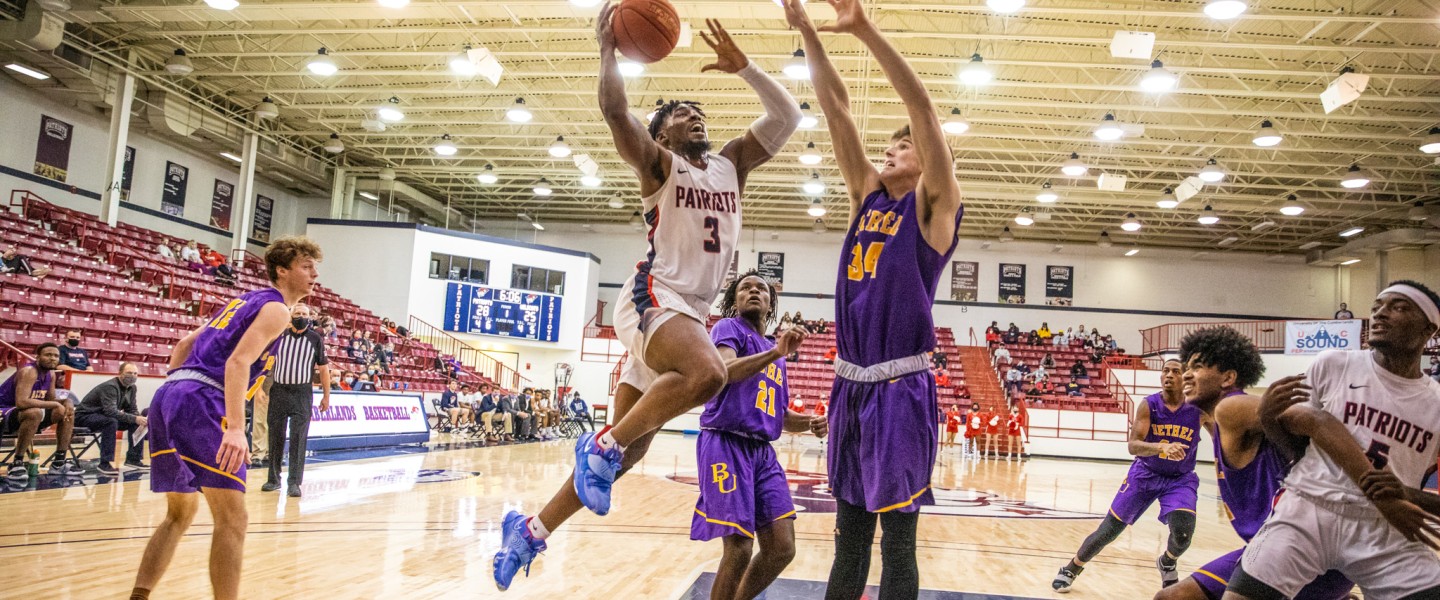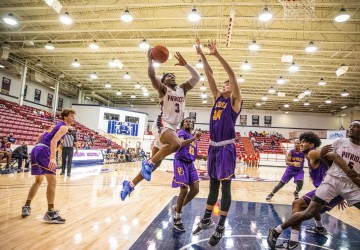You’re a dedicated student-athlete. Your commitment to achieving academic excellence in the classroom is equal to your pursuit of excellence on the playing field. For you, preparation and self-discipline are a way of life, both academically and athletically. Depending on how long of a holiday break your sport allows, you’re probably looking forward to some much-needed downtime over the coming weeks. Follow these five tips to enjoy a restorative and re-energizing holiday season while respecting and preserving all of the hard work you’ve put into your athletic training and sports conditioning.
1. Don’t Let the Holidays Turn into a Full Training Break
Protect your hard-earned conditioning investment by crafting a holiday break fitness plan. Consult with your coach before you leave campus. Is there a specific workout you should be doing? Are there risky winter sports you should not be engaging in?
Athletic Trainer and Strength & Conditioning Coach Dennis Dolan notes that maintaining your strength and conditioning is key to preventing an injury. Dolan advises:
“Athletes need to stay focused on what they are currently doing and not allow the break to be a break from training. It doesn’t need to be as intense, but a meeting with their strength and conditioning coach/sport coach for specified workouts before a break is recommended.”
Supplement your training regimen with lower-intensity options you can enjoy with friends and family. Choose recreational activities that let you mentally re-energize while also providing your loved ones with the quality time they miss out on while you’re at school. Ideas include:
- Check out a local yoga class
- Organize an after-dinner power walk with your family
- Volunteer at the local animal shelter to walk dogs
- Catch up with hometown friends while exploring a new walking/hiking trail
2. Indulge in Moderation
The holidays are notorious for edible temptations that can add unwanted pounds and lower your vitality levels. Do your best to stick to your sport-specific nutrition plan over your winter break while still allowing yourself a few special seasonal treats.
One or two large meals comprised of your family’s favorite holiday comfort foods are good for your soul. But a month of eating calorie-dense meals interspersed with holiday cookies and candies can wreak havoc with your metabolism and mood. Try to keep the holiday focus on engaging with friends and family instead of a full-on focus on the food.
3. Create a Strategy for Holiday Parties
If your schedule has you attending lavish buffets and festive cocktail parties, the best thing you can do is show up with a full stomach. John A. Morris, the personal fitness trainer to Miss District of Columbia and several other pageant contestants throughout the region, told the Washingtonian:
“I attend many holiday events. Prior to attending any event, I fill up by eating a lean, high-protein meal and drinking plenty of water. At the event, I avoid alcohol, and if I decide to indulge in a dessert, I’ll only eat half or a third of it or share it with a friend.”
4. Beware of Beverages
Who can resist the aromatic smell of a pumpkin spice latte or the comforting warmth of a steaming mug of hot chocolate on a winter day? But one medium-sized peppermint mocha will cost you 330 calories and 60 grams of carbohydrates. That's the same amount of carbs found in four brownies, notes BridgeAthletic. It’s best to treat these sugar-laden beverages as a special dessert that’s reserved for special occasions.
While a glass or two of red wine may have health benefits and help you relax at holiday gatherings, remember that alcohol decreases the time your body spends in Rapid Eye Movement (REM) sleep. This can lead to restlessness, drowsiness during the day, and an increase in appetite. REM sleep loss is also associated with increased inflammatory responses, increased risk for obesity, and memory problems, according to Psychology Today.
5. Reaffirm Your Goals
Going into your winter holiday break with a training goal in mind can prevent you from slacking too much in your dietary or exercise commitments. Set some short-term goals you’d like to reach in January or February. This will help you resist the temptation to overindulge for most of December. It will also help you be more selective about which holiday events you want to attend. You won’t want to participate in too many late-night events because lack of sleep is disruptive to your training.
Structure your winter break time off thoughtfully and wisely. You want to return to school in January mentally re-invigorated and physically primed to hit the ground running on the next phase of your athletic training.
If you're serious about athletic training, an undergraduate degree in Exercise and Sports Science or Fitness & Sport Management might be right for you. University of the Cumberlands can also help you take your career to the next level with a master’s degree in Health & Human Performance.

